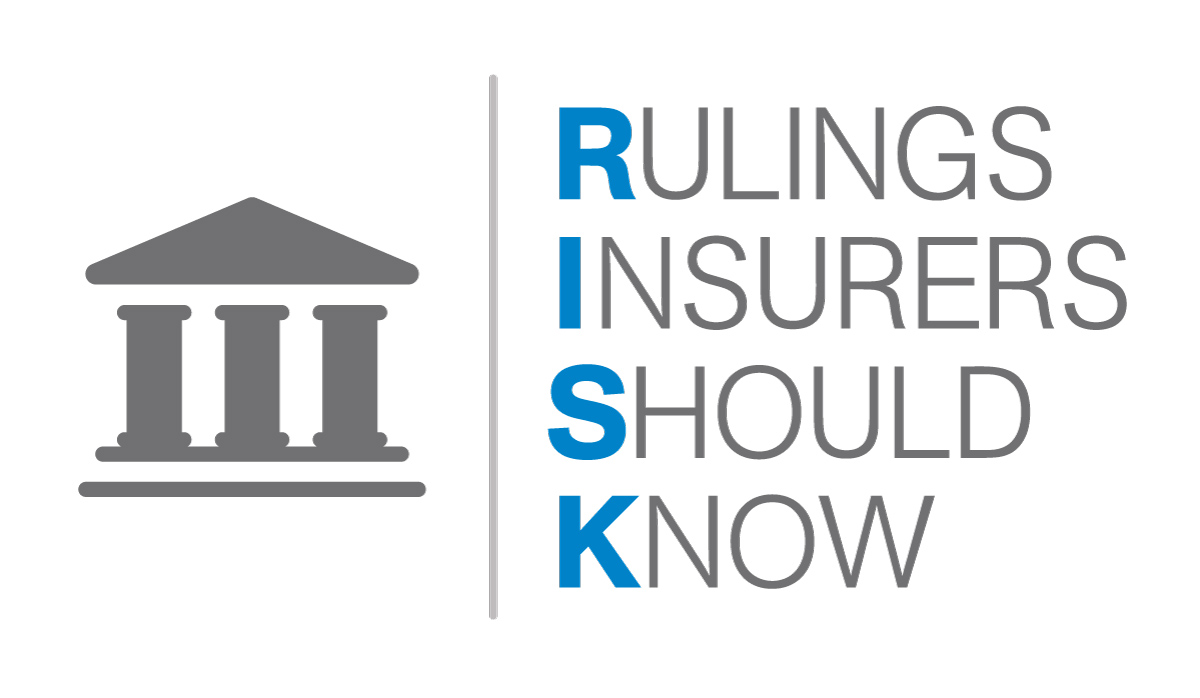What it Means to be “Authorized by Law” to Drive

Middleton v Pankhurst, 2016 ONSC 3157
The primary issue in this case was whether Mr. Pankhurst was “authorized by law” to drive within the meaning of Statutory Condition 4(1) O Reg 777/93 of the Insurance Act, which provides as follows:
The insured shall not drive or operate or permit any other person to drive or operate the automobile unless the insured or other person is authorized by law to drive or operate it.
This case stems from a snowmobile accident. The defendant, Cal Pankhurst, picked up his friend Tyler Middleton, the plaintiff, on his snowmobile after Mr. Middleton was stranded on Lake Simcoe. On their way home, Mr. Pankhurst lost control of the snowmobile and both he and Mr. Middleton were ejected from the vehicle. Mr. Middleton suffered significant injuries. At the time of the accident, Mr. Pankhurst was in violation of both terms of a probation order arising from a guilty plea to careless driving. He was prohibited from operating a motor vehicle between 7pm and 5am and could not have any alcohol in his blood while operating a motor vehicle.
Mr. Middleton and his mother both advanced claims against Mr. Pankhurst. The claims were settled but the trial proceeded in order to determine whether Aviva, Mr. Pankhurst’s insurer, was liable to provide coverage for the full settlement of $900,000.
Unifund was the insurer for Mr. Middleton’s mother and was added as a defendant in respect of coverage for under or uninsured claims. It took the position that “authorized by law” in Statutory Condition 4 requires that the insured driver hold a valid driver’s license issued by the Ministry of Transportation and comply with its terms. Mr. Pankhurst had such a license and complied its terms at the time of the accident.
Aviva argued that the phrase “authorized by law” captures not only the Ministry of Transportation licensing, which includes restrictions and suspensions, but also the terms of Mr. Pankhurst’s probation order, which he was in breach of at the time of the accident.
Matheson J. followed the Ontario Court of Appeal’s interpretation of the phrase “authorized by law” in Kereluik v Jevco Insurance Company (Kereluik). In Kereluik, the Court of Appeal held that the phrase “authorized by law” is specifically “concerned with the validity and terms of an insured’s license to drive at the time of the relevant motor vehicle accident.” Matheson J. found that even though Mr. Pankhurst was in breach of his probation order, he had a valid G license and complied with its terms at the time of the accident. Therefore, Mr. Pankhurst was authorized by law to drive under Statutory Condition 4 and entitled to full coverage under his insurance policy with Aviva.
What the Insurer Should Know
“Authorized by law” to drive refers to the insured’s licence to drive at the time of the accident and not to any other orders of a court that meant to restrict the driver’s use of a motor vehicle.
 |
 |
| Mitch Kitagawa | Kentt Cobrun, Articling Student |



